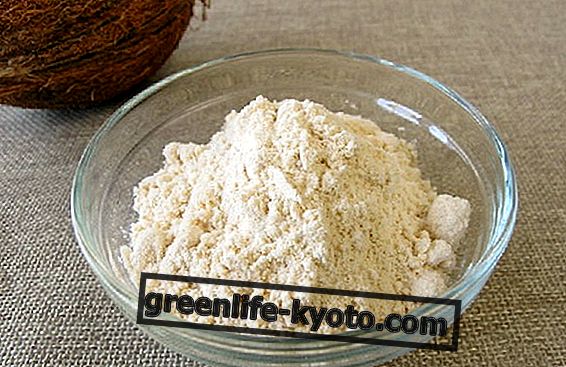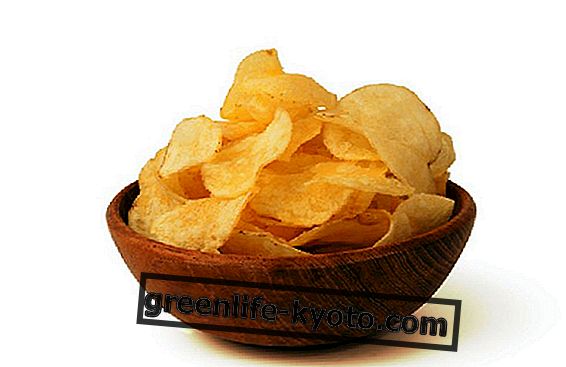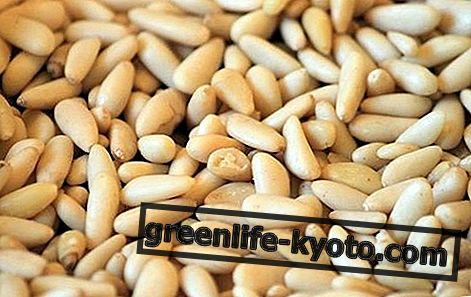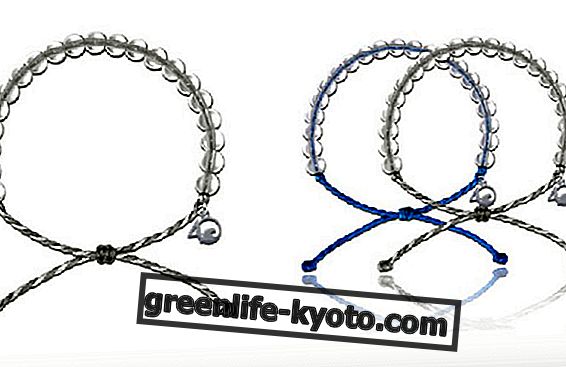
Nutrition and health are truly an inseparable combination: nutrition is in fact one of the factors that most contributes to maintaining health throughout life.
There are many types of diets, some, like the Mediterranean diet, also approved by the scientific community, others fanciful, bizarre and sometimes even dangerous. Whatever style of food is chosen, the important thing is to respect certain principles, in order to feed oneself in a balanced way and without excess, and according to one's needs, due to age, sex, general health and lifestyle.
In recent decades, the modus vivendi of the global population, especially in industrialized countries, has changed a lot: a sedentary lifestyle, an incorrect diet and a habit of smoking cigarettes have had a very negative impact on people's health; Cardiovascular diseases and tumors are on the rise and many of the causes are to be found precisely in the lifestyle, starting precisely from nutrition.
According to the World Health Organization, scientific data have shown that dietary modifications have a strong impact on health at all stages of life, both favorably and in an unfavorable sense.
Nutrition and health: the rules for proper nutrition
Beginning in the 1980s, some international or state organizations have taken steps to implement guidelines for proper nutrition.
The guidelines for a healthy Italian diet were drawn up in 1986 by the INN (National Institute of Nutrition) and then subjected to review and subsequent updates.
The last revision dates back to 2003 and was done by INRAN (National Research Institute for Food and Nutrition).
These guidelines are a valid food education tool and have been summarized by the experts at ten points:
- Check your weight and keep yourself active
- More cereals, vegetables and fruit
- Fats: choose the quality and limit the quantity
- Sugars, sweets and sugary drinks: in the right limits
- Drink plenty of water every day
- Salt a little better
- Alcoholic beverages: if so, only in controlled quantities
- Vary your choices and table often
- Special tips for special people (this chapter refers to nutrition in some particular phases of life and, for example, to the diet during pregnancy and during breastfeeding, as well as to the feeding of children)
- The safety of your food also depends on you
Relationship between nutrition and health: some examples
With a look at these ten points, let's take some concrete examples of the very close link between food and health. Let's take the first point; overweight and obesity are not just an "aesthetic problem"; there are many disorders related to excess body weight: diabetes, arterial hypertension, respiratory failure, tumors, diseases of the spine and joints.
Even inadequate nutrition causes health problems: in this case, in fact, the body that does not receive the right caloric intake, to satisfy its needs, damages the muscles and internal organs, with serious damage to the person .
Points two, three and four concern the quality and quantity of food, divided by category: if you introduce the right amount of food with fiber, fat and sugar into your body, you will always have a correct intake of nutrients; nutrient deficiency can lead to many ailments, for example anemias, hormonal pathologies, reduction of immune defenses and even some neurological diseases.
And we are connected to point eight: the diet to help the body to stay healthy must be varied because the perfect food does not exist and, in order to avoid dangerous nutritional imbalances, it is necessary to take different foods throughout the day, in the course of the week and so on.
Salt and beverages in healthy eating
The answer to thirst is water . This element plays a fundamental role in health and must be drunk in abundance. Sweetened drinks should be avoided and the same applies to alcohol. Wine, if consumed in moderation, is however good for health thanks to the antioxidant content.
In the relationship between diet and health, salt also plays an important role: excessive consumption can favor the appearance of arterial hypertension. However, salt should not be completely excluded from the diet, just moderate it and choose the right one: iodized salt helps to prevent some thyroid disorders.













